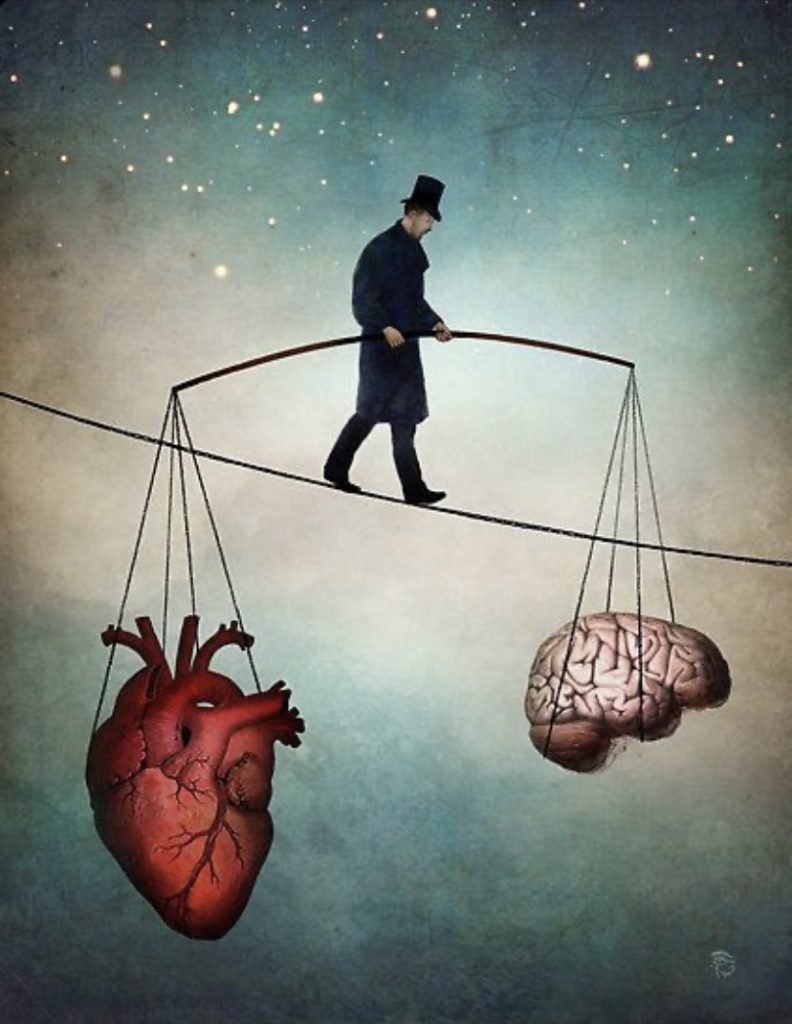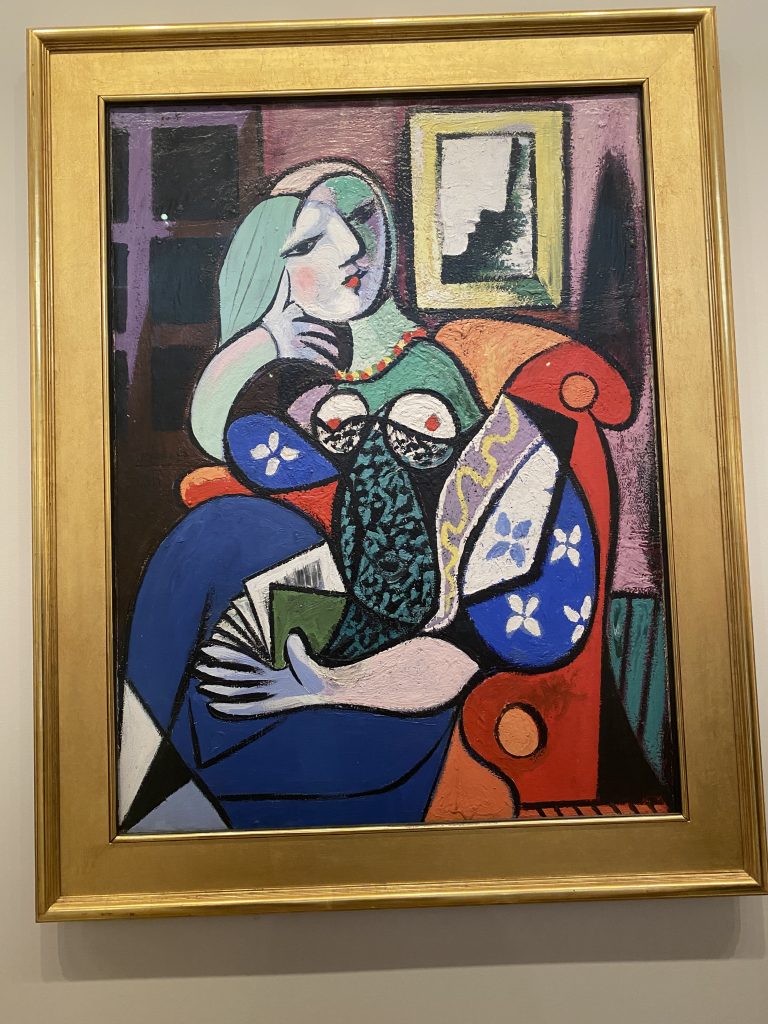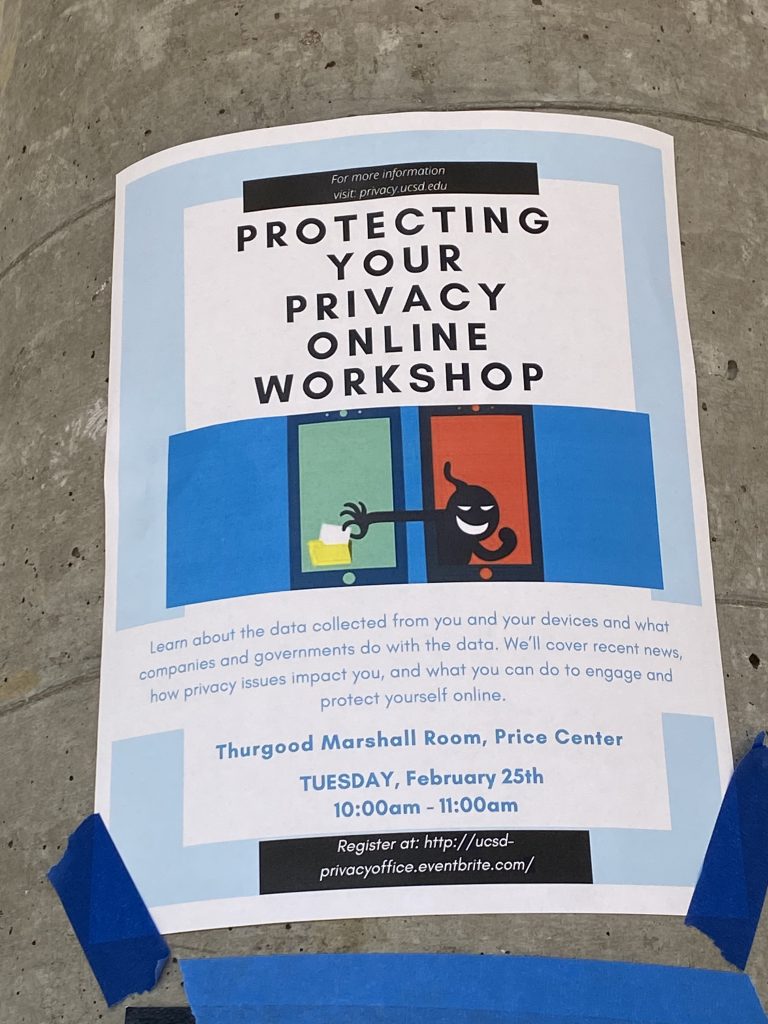
When analyzing the perspectives of both the Enlightenment and Romanticism, I have an opinion that encompasses a mixture of both of these counterparts. The Enlightenment allows individuals to prioritize rationality and reasoning in both their decision making and thought process, analyzing the duty of the individuals to themselves and society. Romanticism promotes subjectivity, individuality, and the connection the individual has with nature, emphasizing the importance of passion and desire. Thus, leading life in accord with both the Enlightenment and Romanticism allows the individual to be rational in their decision making, while additionally retaining their passion and humanity. While an excessive amount of subjectivity is damaging in some cases, humanity must be able to balance passion with the Scientific Method so as to analyze cold data and facts with compassion. When viewing our Western culture today, I now see numerous examples of how Enlightenment and Romanticism ideals shapes society and the way we live. For example, I see many ideas of Romanticism when analyzing the artistic expression displayed on campus. When looking at the graffiti art, the decorative posters, or the Stuart art collection, I now view them as forms of completely free individual expression, exercising individuality as a way for society to know the artist’s passions and life experiences. I additionally see ideals of the Enlightenment on campus as well. Many individuals pick their career because it makes the most sense logically, thinking only of the salary and the financial benefits based on the proven scientific data concerning their chosen career path. Therefore, the individual is prioritizing reason and rationality, committing to it as their life’s work. Thus, there are numerous ideals of both the Enlightenment and Romanticism all around us, and my eyes are now open to connecting the choices I make everyday to the principles of both significant movements. For me, the most interesting takeaway from this class was learning about how the ideals of the Enlightenment apply to the origins of government systems. The Enlightenment ideals of equality, and justice helped to create the conditions for the Constitution, along with many other forms of social contracts. This questioning of traditional authority embraces the notion that humanity can be improved through rational thought and reasoning, and it greatly interested me when we covered it during the course.



